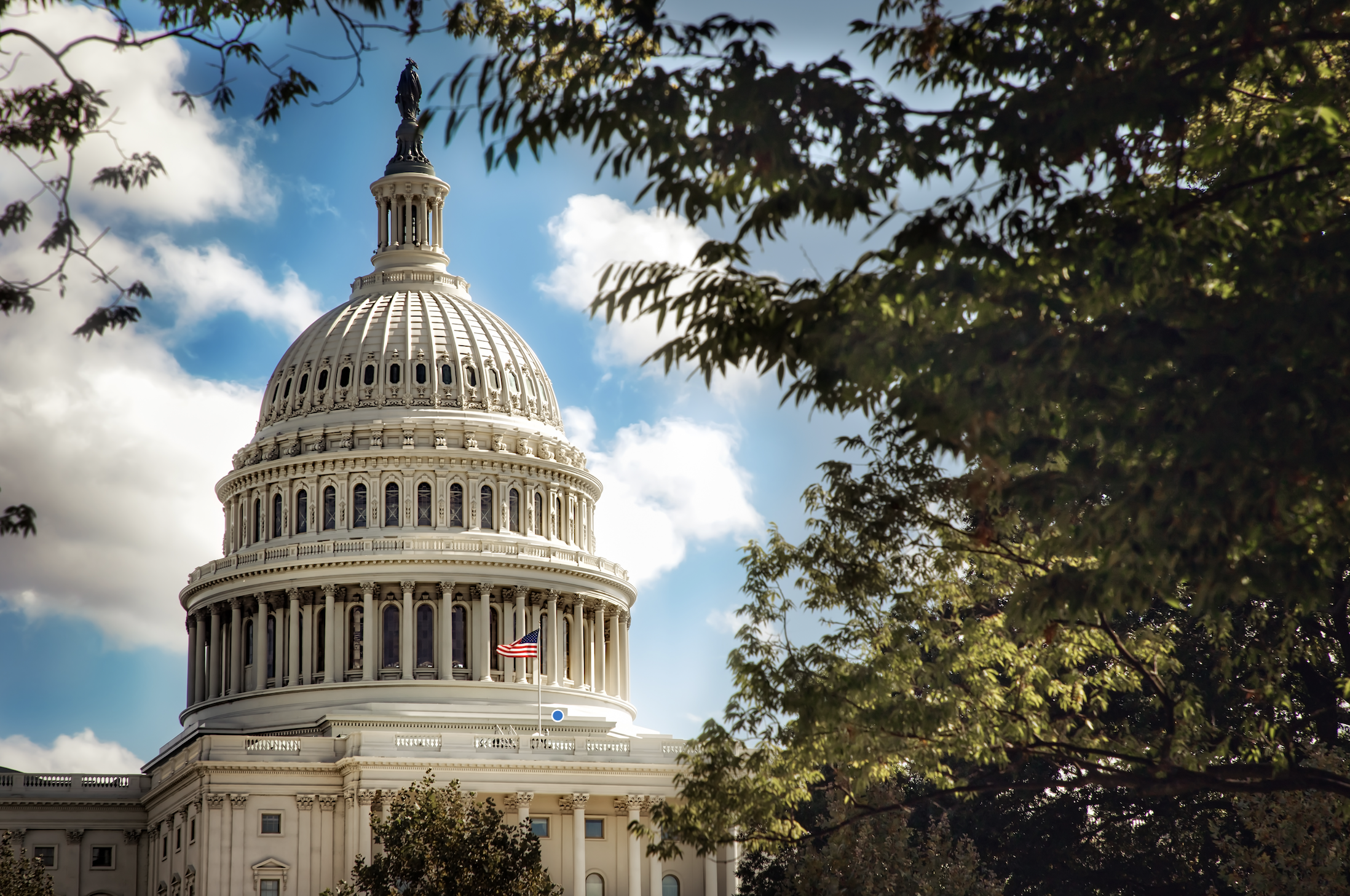
WASHINGTON, D.C. – The U.S. Environmental Protection Agency (EPA) today announced they will take comment on the current process for issuing small refinery exemptions, allowing EPA to post the names of refineries who have applied for and received small refinery exemptions, an important first step in providing transparency in the process. While noting EPA’s progress, Growth Energy CEO Emily Skor challenged EPA to go even further:
“Any move by EPA to increase transparency is long overdue but always welcome by this industry,” said Skor. “For years, we’ve been trying to navigate these exemptions in the dark, all while over 2.6 billion gallons of ethanol demand has been lost. It is imperative that EPA and the Department of Energy reveal the methodology behind granting these exemptions, and for EPA to fully recognize that every time they grant an exemption, they are taking away critical demand from our already struggling rural economy. We look forward to participating in EPA’s comment period on this proposal and continuing to impress upon them the dire importance of more transparency for our industry and for rural America.”
Background:
Under the Renewable Fuel Standard (RFS), refineries producing transportation fuel must demonstrate each year that they have blended certain volumes of renewable fuel into gasoline or diesel fuel or acquired credits from others called “RINs” representing all of part of those volume obligations. The RFS allows certain “small” refineries – those with a throughput of less than 75,000 barrels per day – to petition EPA for a temporary extension of an exemption from the renewable fuel volume requirements for a given year if they can show that compliance would have a “disproportionate economic impact” on them. EPA is required to consult with the Department of Energy to determine whether to grant an exemption.
To date, EPA has yet to provide the public with any information regarding how it assesses small refinery exemption petitions and it has resisted release of almost all information regarding recent exemptions that have been granted, including: (1) the name of the exempted refinery; (2) the volume of renewable fuel exempted; and (3) EPA’s analysis of whether the small refinery would be subject to disproportionate economic harm if it had to comply with the RFS.
In 2018, Growth Energy and allied organizations also filed a lawsuit in the D.C. Circuit Court of Appeals and a related administrative petition with EPA on the misuse of small refinery exemptions.
Additionally, Growth Energy and an industry ally filed another lawsuit in federal district court in August on 2018, alleging that the Environmental Protection Agency (EPA) and Department of Energy (DOE) have improperly denied agency records requested by Growth Energy and RFA under the Freedom of Information Act (FOIA).
At the start of 2019, Growth Energy filed an appeal in federal court in Feb. challenging EPA over their failure to address small refinery exemptions in their 2019 renewable volume obligation.